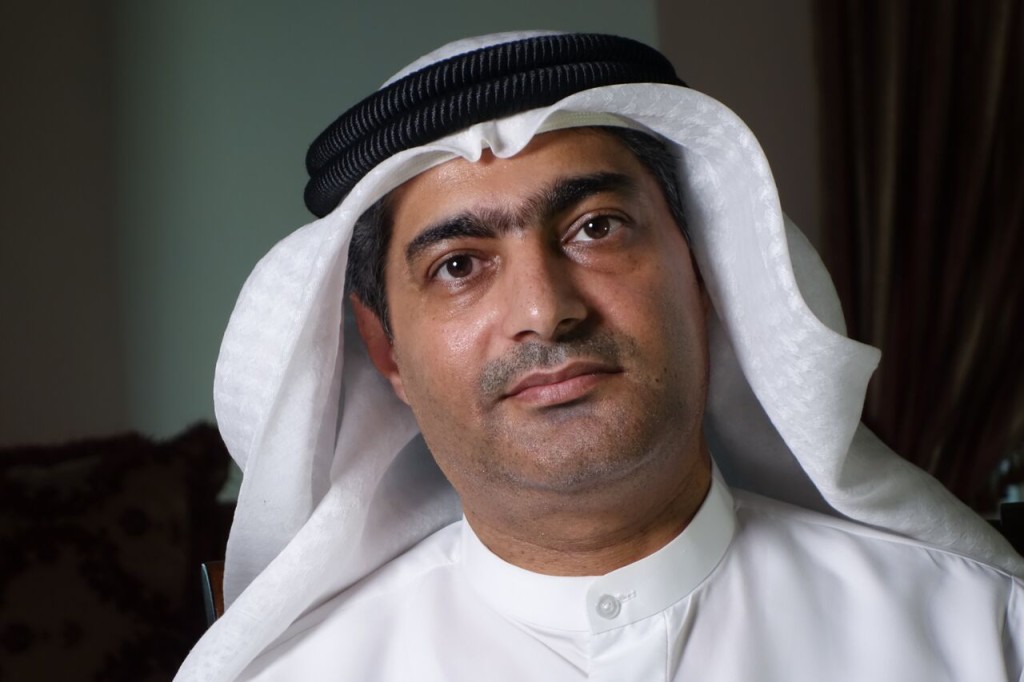This week marks 100 days of blogger and pro-democracy activist Ahmed Mansoor’s arbitrary imprisonment in the United Arab Emirates. Having been awarded the Martin Ennals Award for his exceptional work as a human rights defender, Mansoor is one of the most prominent activists in the Gulf region.
On 20 March 2017, Mansoor was accused of using social media sites such as Twitter and Facebook to “publish false information and rumors” and “promote a sectarian and hate-incited agenda.” Emirati authorities raided Mansoor’s apartment in the middle of the night, confiscated his electronic devices, and took him away to be imprisoned in solitary confinement. Mansoor was then deprived of his right to access legal counsel and has only been allowed minimal contact with his family.
Following Mansoor’s arrest, a coalition of eighteen human rights organizations released a joint statement for his release, describing the imprisonment as “a direct attack on the legitimate work of human rights defenders in the UAE.” Though unsuccessful in securing his release, the coalition has mobilized the UN Human Rights Council to condemn the government’s treatment of Mansoor and urge the international community to push for his release. But despite these efforts to grant Mansoor his freedom, he remains imprisoned. He is also still facing a travel ban as his passport was never returned to him and is at risk of being subjected to torture because of his history as a dissident.
This is not the first time the UAE government has targeted Mansoor for his human rights-related work. In 2011, he was charged for publicly insulting state officials on UAE Hewar, an online discussion forum. Before his arrest, Mansoor had been using the forum to start a petition calling for democratic elections. After he was found to have connections to the forum, UAE authorities detained him for eight months and subjected him to ill-treatment before he was finally released on pardon.
Government officials have also repeatedly infringed upon Mansoor’s right to privacy through surveillance and targeted hackings. Under the veil of Federal Decree-Law No. 5 of 2012 for Combatting Cybercrimes, the government has kept tabs on Mansoor and other activists’ online activities. Mansoor has already been the victim of three separate instances of hacking and spyware attacks – the most recent of which could have allowed his iPhone to have been turned into a monitoring device. Such an outright invasion of privacy elicited significant global interest in Mansoor’s case, and iPhone immediately sent out an update to users to fix the weakness in its operating system.
As activists like Mansoor remain arbitrarily imprisoned, UAE officials will continue to systematically suppress the peaceful exercise of individuals’ rights to free expression. The UAE must immediately release Mansoor and drop all free speech-related charges against him. Additionally, the UAE must amend its broad and expansive legislation, like its cybercrimes legislation, to ensure that Emirati citizens and those living in the country are guaranteed their free speech rights.





